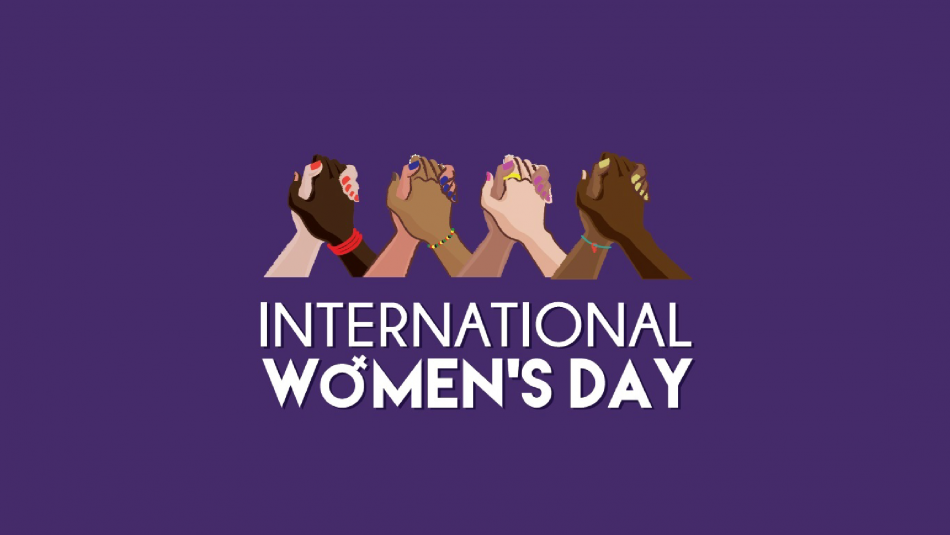
National Women and Girls HIV/AIDS Awareness Day
What every woman needs to know about HIV and AIDS.
1. HIV infection can happen to women of any race, ethnicity, age, or sexual orientation. Protect yourself by using a condom correctly every time you have vaginal, oral, or anal sex and avoiding contact with your partner’s fluids and blood.
2. Women are more likely to get HIV during vaginal sex than men because the vagina has a larger area that can be exposed to HIV-infected semen; semen can stay in the vagina for days after sex, which means longer exposure for women; and having untreated sexually transmitted infections (STIs) makes it more likely that a person will get HIV.
3. The only way to know for sure whether you have HIV is toget tested. Talk to your partner about his or her sexual past and get tested together.
4. Under the Affordable Care Act, you may be able to get tested for HIV and receive counseling at no cost to you.
5. There are at least a dozen ways you can practice safer sex and prevent the transmission of HIV, such as using a male or female condom; being in a monogamous sexual relationship with only one partner who is also faithful to you; not abusing alcohol or drugs, which are linked to sexual risk-taking; and getting screened for STIs.
6. If you are HIV-negative and are in a mutually monogamous, ongoing relationship with an HIV-infected partner, you can talk to a doctor about taking pre-exposure prophylaxis (PrEP), a daily pill that can work to keep the virus from taking hold in your body. Daily PrEP can reduce the risk of getting HIV from sex by more than 90%. Or if you think you may have been exposed to HIV, visit a doctor right away. The doctor may decide that you should get post-exposure prophylaxis (PEP). PEP are drugs that may lower your chances of getting HIV after you have been exposed to the virus.
7. Even when she knows her status, about one in four women postpones medical care because of barriers such as family, depression, or threat of partner violence
8. If you are pregnant and HIV-positive, take HIV medicine. If you take medicine, the risk of passing HIV to your baby is less than 1%.
9. Never share needles, syringes, or other injection equipment. Sharing these with an infected person can put you at greater risk of infection.
10. A woman with HIV or AIDS needs support, family, friends, and fun. Help fight stigma by making sure people know you can’t get HIV from things like the air, toilet seats, or hugs.
Information provided by AHF Ukraine based on womenshealth.gov.